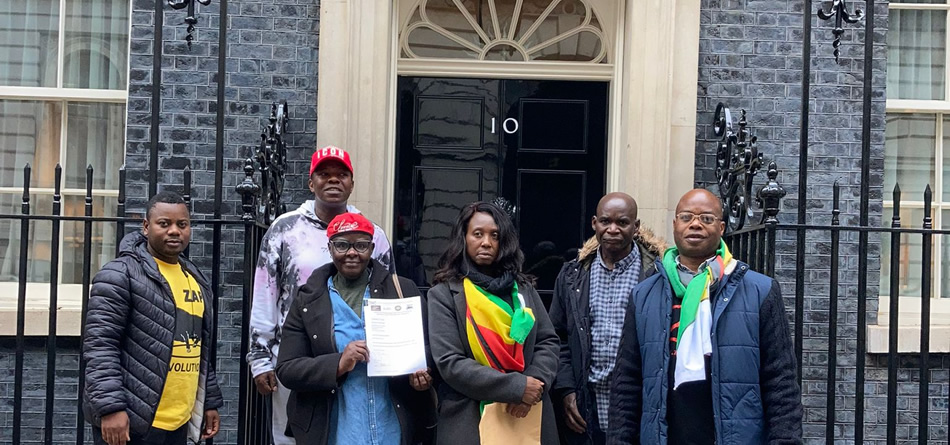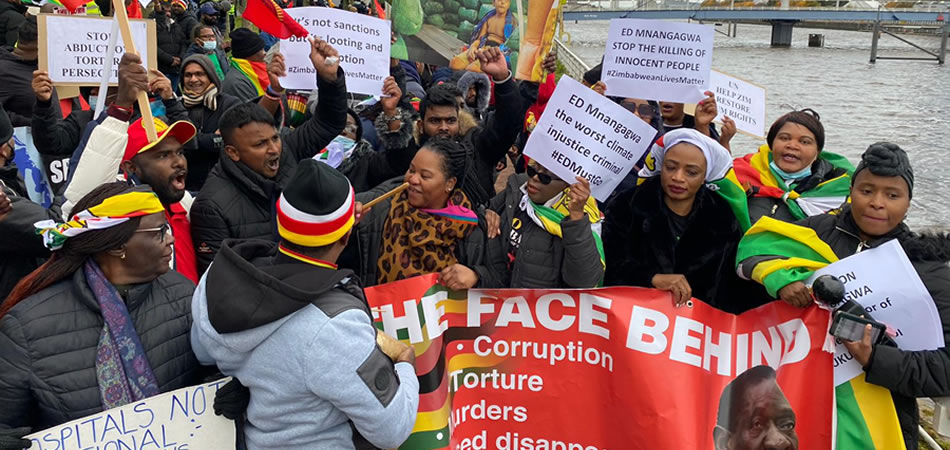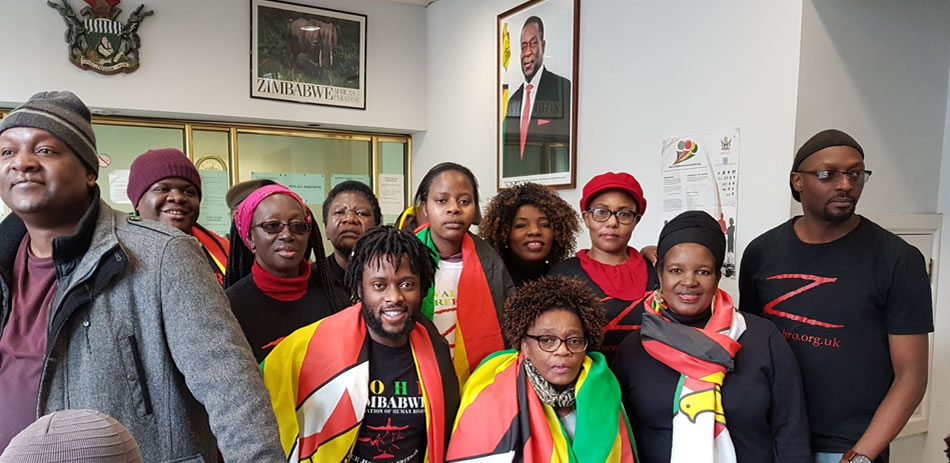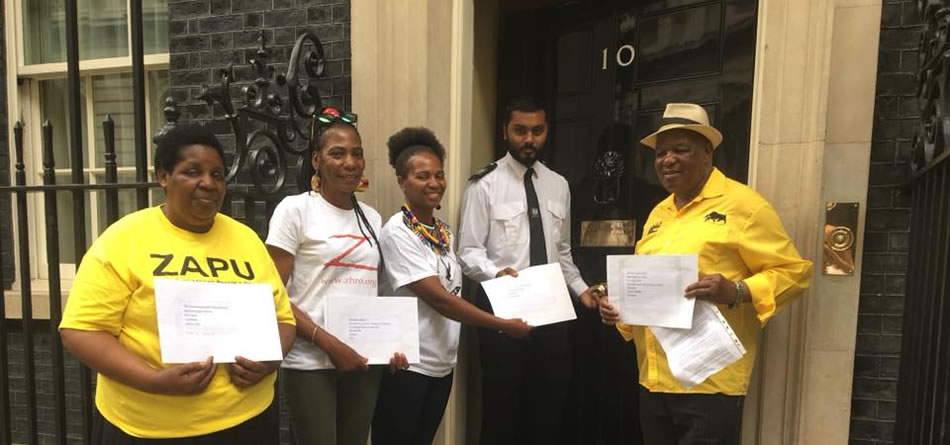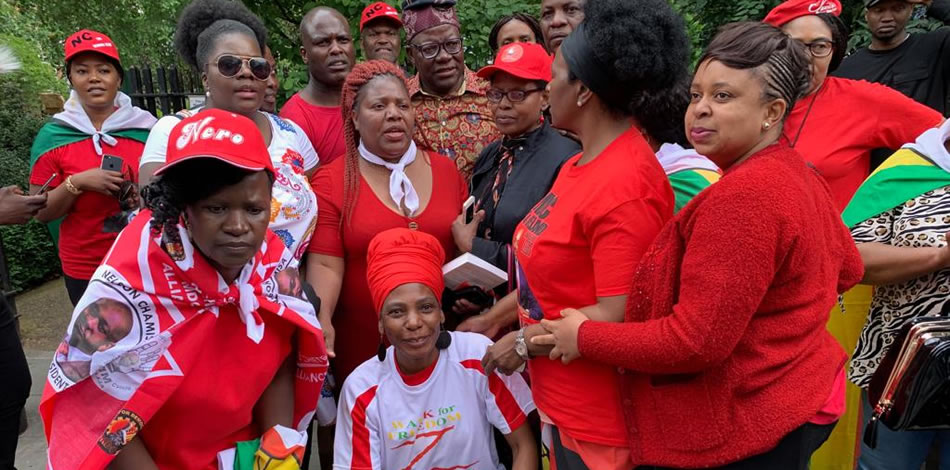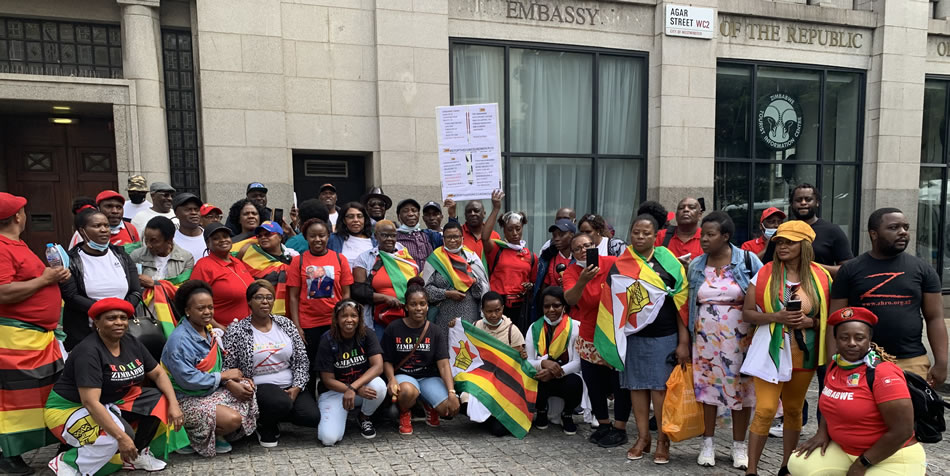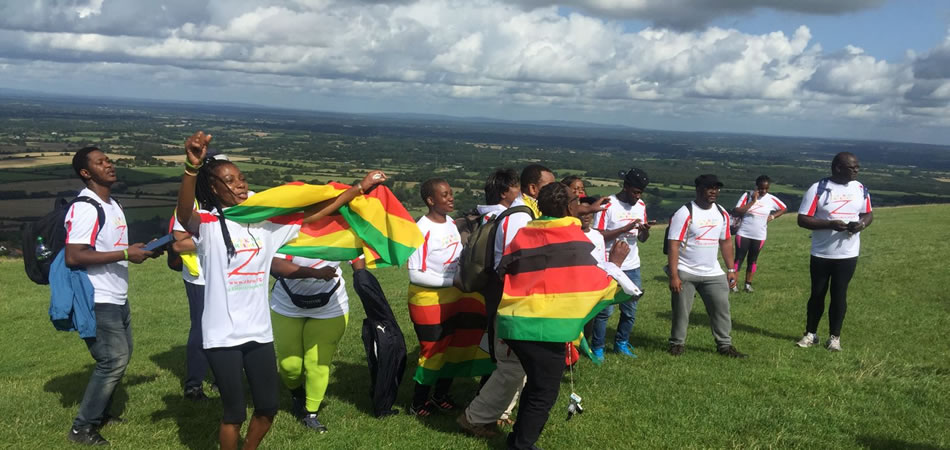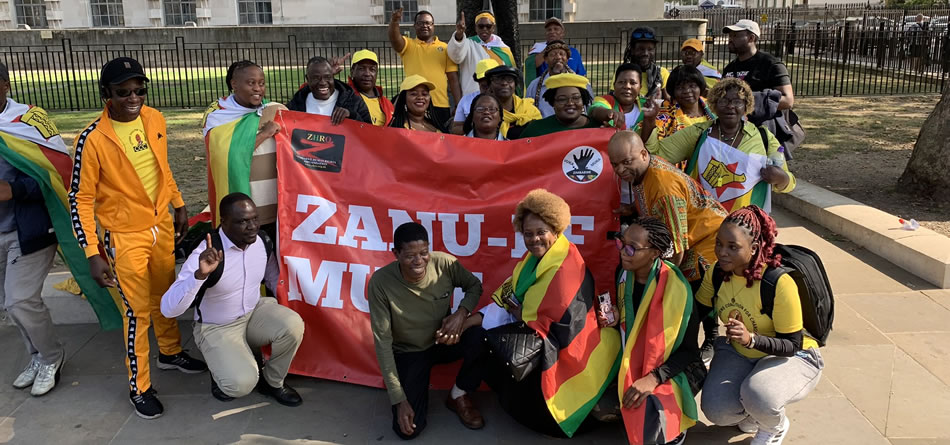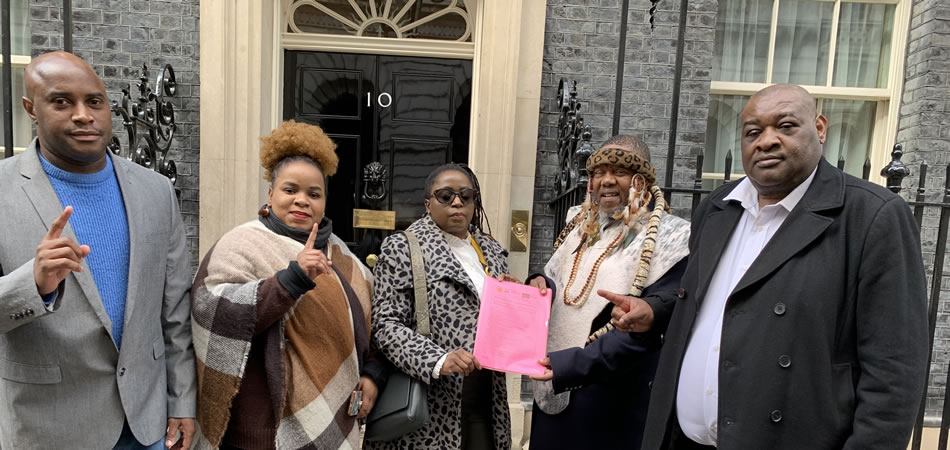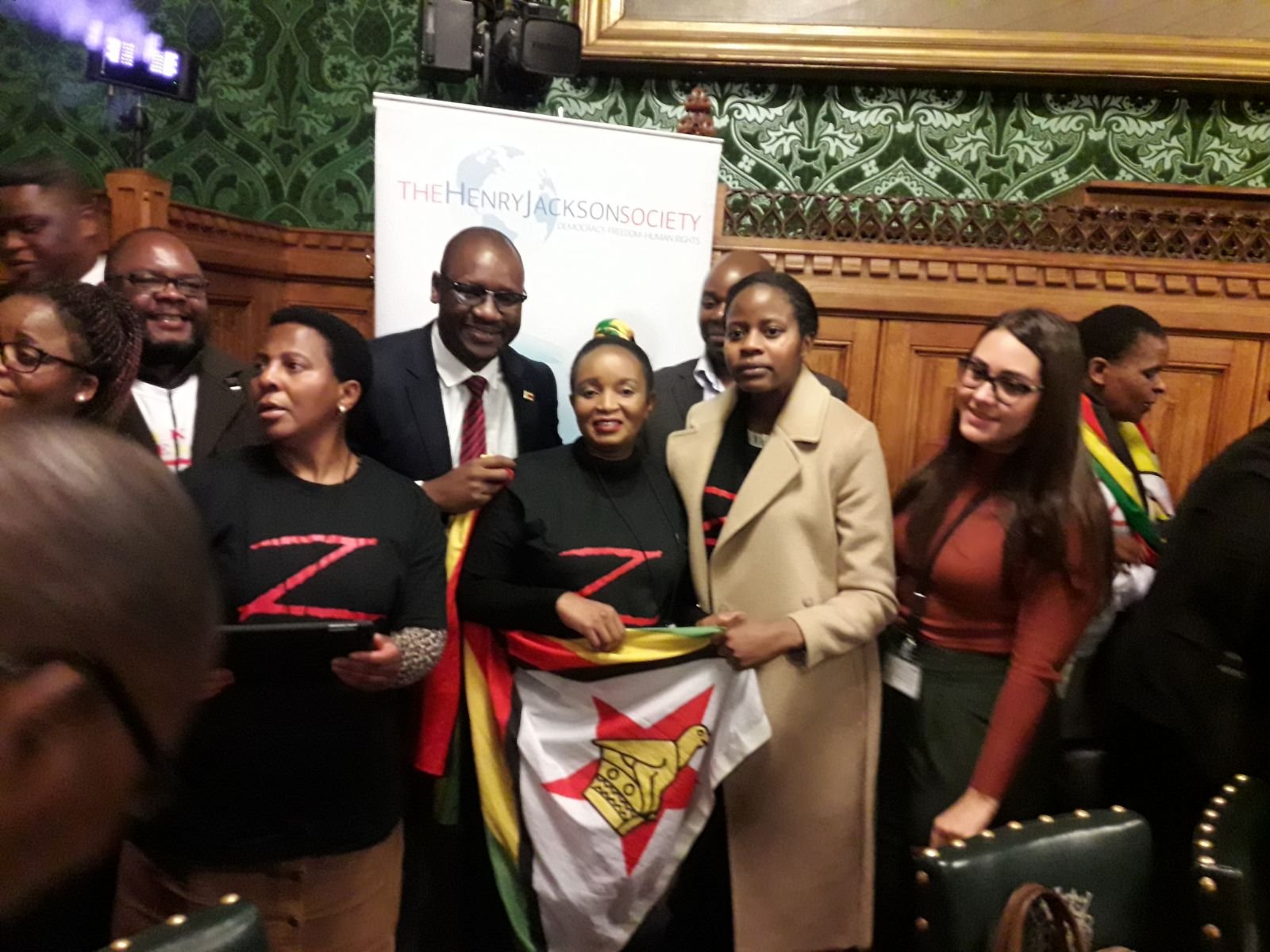‘New Dispensation’ Has Redefined Kleptocracy – Biti (2)
- Details
- Written by: Take2Zimbabwe
- Hits: 2084
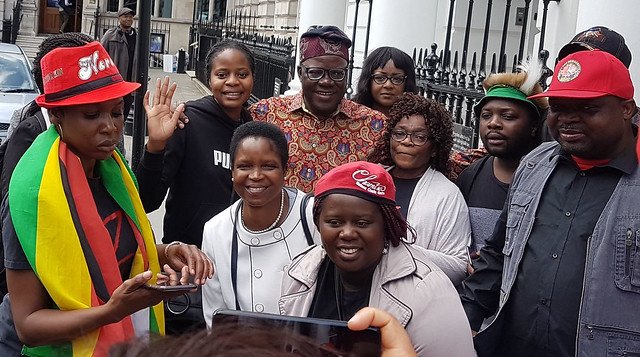 MDC co-vice president, Tendai Biti has bemoaned what he calls “State Capture” in Zimbabwe characterised by the formation of cartels in command agriculture, fuel sector, banking sector, communications sector, to mention but a few.
MDC co-vice president, Tendai Biti has bemoaned what he calls “State Capture” in Zimbabwe characterised by the formation of cartels in command agriculture, fuel sector, banking sector, communications sector, to mention but a few.
Biti opined that the crude ecosystem of State Capture now a reality in Zimbabwe has never been seen before. He writes:
"Beyond legitimacy and the economic crisis, the country suffers from an unprecedented, unparalleled and unmitigated, scourge of capture and corruption. The current regime has redefined kleptocracy, patronage and patrimonialism. The current regime has invented its own set of cronyism. A new blend of Mobutism that makes Mobutu Seseko a toddler, in the art of State Capture."
Read more: ‘New Dispensation’ Has Redefined Kleptocracy – Biti (2)
Illegal Inquiry says Veritas
- Details
- Written by: John Burke
- Hits: 4697
 Parliamentary, legal and civil rights watchdog, Veritas, has said that the appointment of the Kgalema Motlanthe led Commission of Inquiry to look into the events of August 1 was illegal. However, Veritas goes on to say that President Emmerson Mnangagwa can still rectify the situation when a new cabinet is appointed. In its latest bulletin, Veritas says
Parliamentary, legal and civil rights watchdog, Veritas, has said that the appointment of the Kgalema Motlanthe led Commission of Inquiry to look into the events of August 1 was illegal. However, Veritas goes on to say that President Emmerson Mnangagwa can still rectify the situation when a new cabinet is appointed. In its latest bulletin, Veritas says
Elections alone are not giving the Zimbabwe government the legitimacy we all so badly need. This is illustrated by the following statement: “When not shooting civilians in the back, Zimbabwe’s ruling élite seems to be shooting itself in the foot.” Those words appeared in The Economist on 11th August, in an article commenting on post-election violence. The Economist is a highly respected magazine read by influential people in government and business throughout the world, and its comments on Zimbabwe are likely to colour the attitudes of potential investors and many western governments towards this country.
In view of this, the President’s announcement that he has appointed a commission of inquiry to look into post-election violence is to be given a cautious welcome. Cautious because there are several problems with the commission, as will be explained in this bulletin.
The President’s Announcement
The announcement was given in a statement issued by the President on 29th August. In it he said that he had appointed a seven-member commission consisting of local, regional and international members “who have been appointed in terms of the Commission [sic] of Inquiry Act [Chapter 10:07].” The commission’s terms of reference, he went on, were as follows:
#This Flag at the House of Commons
- Details
- Written by: Kingstone Jambawo
- Hits: 6457
By Kingstone Jambawo: "Open for Freedom" meets "Walk for Freedom"
London - 22 February 2018 - The founder of #ThisFlag Movement Pastor Evan Mawarire presented a passionate speech about his experiences, economic drive, and constitutional challenges at Westminster Parliament today.
The event which was organised by the Henry Jackson Society was attended by members of Zimbabwe Human Rights Organisation (ZHRO), Zimbabwe Diaspora Community, and Lord Chidgey who was in the chair until the arrival of MP for Vauxhall, Kate Hoey.
- In his speech Pastor Mawarire described the situation in Zimbabwe as dire saying that a 30 minute speech by President Mnangagwa cannot change the effects of 37 years.
- He said that those who were instrumental in intimidating the opposition - denied citizens their choices in 2008 and 2013 are still in government.
- He paid tribute to the late Morgan Tsvangirai for putting up a great fight for freedom and justice under the most difficult conditions.
- He criticised the regime for failing to publicly apologise for the Gukurahundi atrocities saying that it is the responsibility of the government to provide closure for the victims.
- He gave his own personal experience at the hands of the regime and warned that it can happen to anyone.
"We need to move away from a situation where Zimbabwe is owned by a few - $15 billion goes missing and no one can account for it - we were incarcerated for demanding our rights - gone are the days when people remained silent - young people have gripped the idea of freeing themselves - our freedom is more important to us than ever before" he said.
When asked by the BBC reporter about Free and Fair Election - he was not at all confident that these would happen and cited 2000 and 2008 as examples of Military interference (with 2008 being a de-facto Coup - the Military refused to accept the MDC Victory).
"When MDC won the elections in 2008, the missing factor was the ordinary citizens - we the people were the missing component - but since #ThisFlag Movement, people have made it their aim to sacrifice for freedom - Mugabe had said that there are special jails for people like us saying ‘leave our politics alone' - and people like Paul Chizuze and Itai Dzamara are still missing" he said.
Anticipate Attrocities
- Details
- Written by: John Burke
- Hits: 4335
Source: News24 Correspondent, Zimbabwe
Harare - Zimbabwe is entering a period of acute risk for mass atrocities - and things could get worse if President Robert Mugabe dies, the United States Holocaust Memorial Museum is warning.
Aged 92 and increasingly frail, the longtime Zimbabwe president's days are clearly numbered.
But he still has not named a successor and wants to stand in elections due in 2018.
Page 16 of 42

